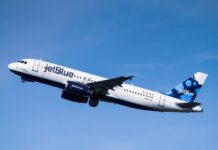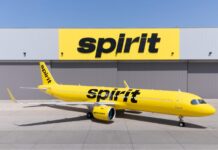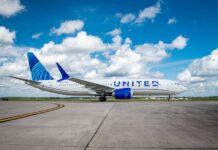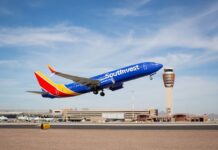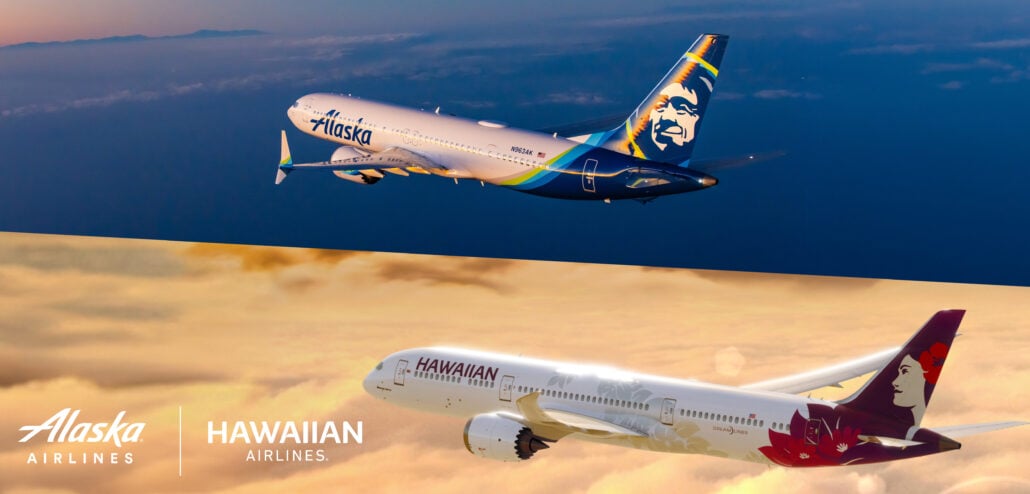 Airline mergers have been in the news lately. First it was the government trial to stop the JetBlue-Spirit merger, which just wrapped up. Now the focus turns to the proposed Alaska Airlines-Hawaiian merger.
Airline mergers have been in the news lately. First it was the government trial to stop the JetBlue-Spirit merger, which just wrapped up. Now the focus turns to the proposed Alaska Airlines-Hawaiian merger.
Airline mergers have been making headlines lately, with the antitrust trial for the proposed JetBlue and Spirit merger just wrapping up last week and a proposed Alaska-Hawaiian Airlines merger in the works. JetBlue had agreed to a merger with Spirit last year after JetBlue essentially blocked Frontier from acquiring Spirit, but the government stepped in this spring to block that deal from going through. A federal judge ruled this spring that the alliance between JetBlue and American Air Lines violated antitrust laws and would have to be terminated.
In the case of the JetBlue-Spirit merger, the Department of Justice (DOJ) built a case that taking low-cost, no-frills Spirit Airlines out of the picture would raise prices overall on some routes, to the detriment of budget-sensitive passengers.
JetBlue’s lawyers argued that it needs to add Spirit to be able to compete with the Big Four airlines: American Airlines, Delta Air Lines, Southwest Airlines and United Airlines. Currently, the Big Four control approximately 80% of the U.S. air travel market. And, they said, it wouldn’t be to the detriment of budget-sensitive passengers because the other low-cost airlines, such as Frontier and Breeze, would step up, particularly in markets like Boston, New York and Ft. Lauderdale where JetBlue would relinquish Spirit’s holdings to make room for the other budget airlines.
The DOJ lawyers countered that this is unlikely to happen, at least in the short term, because of an incompatibility in business models between Spirit and the other budget carriers that would keep them from expanding into markets where they would have to directly compete with the Big Four on popular routes.
It’s now up to the judge to decide whether or not the potential $3.8 billion acquisition can proceed or not.
In the midst of the JetBlue-Spirit antitrust trial drama, Alaska Airlines recently made a proposal to acquire Hawaiian Airlines for approximately $1.9 billion, or $18 per share. Hawaiian Airlines has been struggling since the pandemic, which shut down much of Asia — about a quarter of the airlines revenues historically have depended on trans-Pacific passengers. While the reopening of Asia in general, and Japan specifically, has helped, the airline may still be facing a big potential loss for this year.
In the joint announcement, both carriers said the merger was needed to help them compete in the U.S. and abroad while cementing the combined brand as a West Coast staple. If it goes through, the combined airline would have the fifth largest U.S. airline fleet — unless the JetBlue-Spirit merger goes through, in which case it would drop to the sixth largest. It also would become part of the Oneworld airline alliance, which Alaska has been a part of since 2021, and would serve 138 destinations to start, including 29 international markets. Hawaii would remain a key destination for the combined airline, with a combined greater than 50% market share.
Alaska Airlines CEO Ben Minicucci said on a recent investor call that the combined airlines would still have two customer-facing brands, but would operate on a single operating certificate and merge the airlines’ staff into a single collective bargaining agreement. The details of exactly how that would work are still to be determined. In a press conference, Minicucci said the merged frequent flyer program would be similar to a hotel umbrella program that serves separate brands, such as Marriott Bonvoy.
“This combination is an exciting next step in our collective journey to provide a better travel experience for our guests and expand options for West Coast and Hawai’i travelers,” Minicucci said in a press release.
As to whether this latest proposed merger would also come under DOJ antitrust scrutiny — we’ll have to wait and see. In a recent Yahoo!Finance interview, Noah Phillips, a partner with Cravath, Swaine & Moore, said the companies may be able to sidestep government attempts to block the merger.
“The best thing that companies can do is muster the facts at hand to show that they really don’t compete very much and that the merger of the two companies wouldn’t eliminate competition that meaningfully would affect the impact that we all feel as consumers when we fly on airlines every day,” he said.
Minicucci told investors on the recent call that the two airlines currently only compete in 12 markets, and only 3% of their routes overlap.
You May Also Be Interested In…
Save Time and Hassle by Preclearing Through Dublin
How a Government Shutdown Could Impact Meetings
Flight Trackers: Our 5 Favorites



